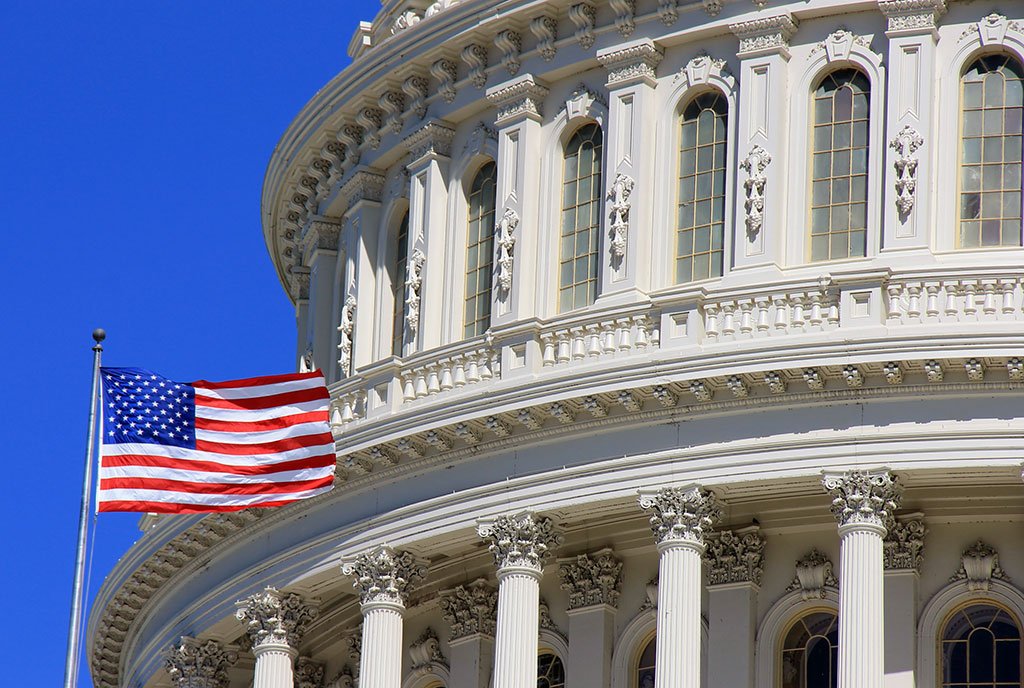BY Jim Morris | Oct. 30, 2017 | In partnership with the Center for Public Integrity
In their worst moments, the victims’ faces are blue. Their skin is cool and damp to the touch. They are starving for oxygen. Pedora Keo, a critical-care nurse, sees them with distressing regularity: asthmatics in the thrall of attacks that can kill them or decimate their brains. Sometimes they fight while undergoing tracheal intubation and must be restrained. “They’re panicking,” says Keo, 42. “The look on their face is the fear of dying.” …
Now, amid the Los Angeles area’s worst smog season in at least 13 years, come new aggravations and anxieties. Andeavor—formerly Tesoro Corp.—plans to merge its Wilmington and Carson refineries into the biggest crude-processing complex on the West Coast. The $460 million project will involve, most notably, the construction of eight hulking storage tanks capable of holding 3.4 million barrels of oil. Meanwhile, state climate legislation endorsed by an unlikely amalgam of businesspeople, environmentalists, lawmakers from both parties, and Governor Jerry Brown has extended a market-based system of pollution-control that some fear will at best maintain the status quo or even make things worse for California’s most vulnerable citizens. …
U.S. Representative Nanette Diaz Barragán, a Democrat whose district includes Wilmington and Carson, urged the EPA in a June 1st letter not to grant Andeavor the permit revisions it needed to go forward with the project, saying its impacts “are not theoretical or abstract but would [have] real-life consequences that my constituents, many of whom are low-income or of color, would live with every day of their lives.” The EPA responded that it had approved the revisions after consulting with the AQMD and conducting its own review to confirm that Andeavor would use the best pollution controls and that the company’s emissions estimates were accurate. Philip Fine, a deputy executive officer with the AQMD, says refineries in the L.A. area are rigorously policed. “We probably have the most stringent rules and regulations in the nation when it comes to refineries,” he says. Pollution violations alleged by the district led to a collective $145 million in settlements with refiners from 2002 through July of this year, records show; $81 million of that came in a single settlement with BP in 2005, when it owned the Carson refinery now operated by Andeavor.
But Barragán, a lawyer raised in an immigrant family, suspects her district’s demographics make it easier for regulators to dismiss residents’ concerns. “My mother would always say: ‘We’re just happy to be here. We don’t ask questions. We don’t challenge people.'” Fear of deportation or other forms of retribution looms large in a place where much of the conversation and signage are in Spanish. “Having the largest [West Coast] refinery in my district, one of the most heavily polluted in the country, is not something I’m proud of,” the freshman congresswoman says. “This would not be happening in Hermosa Beach or Beverly Hills or Malibu.” READ MORE

